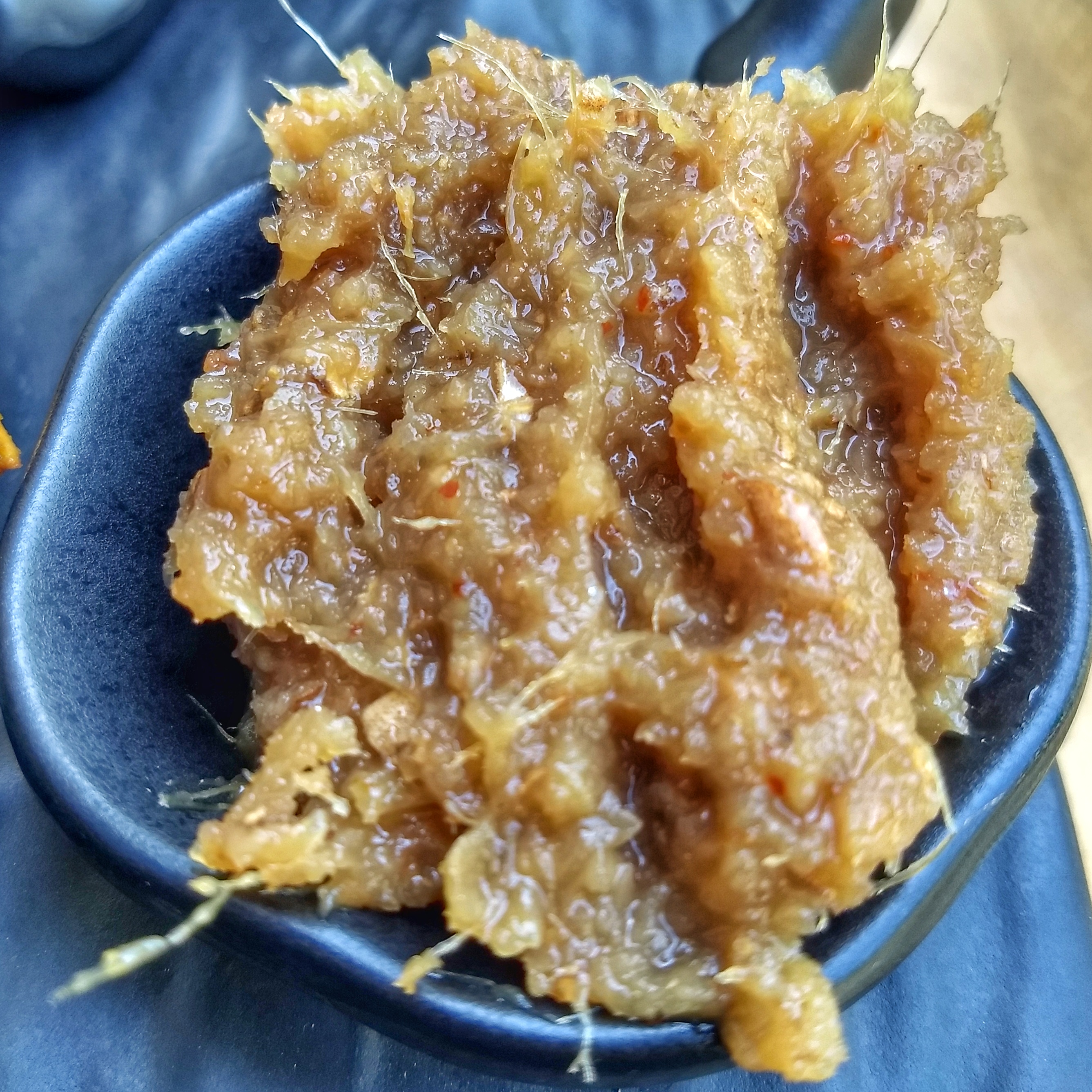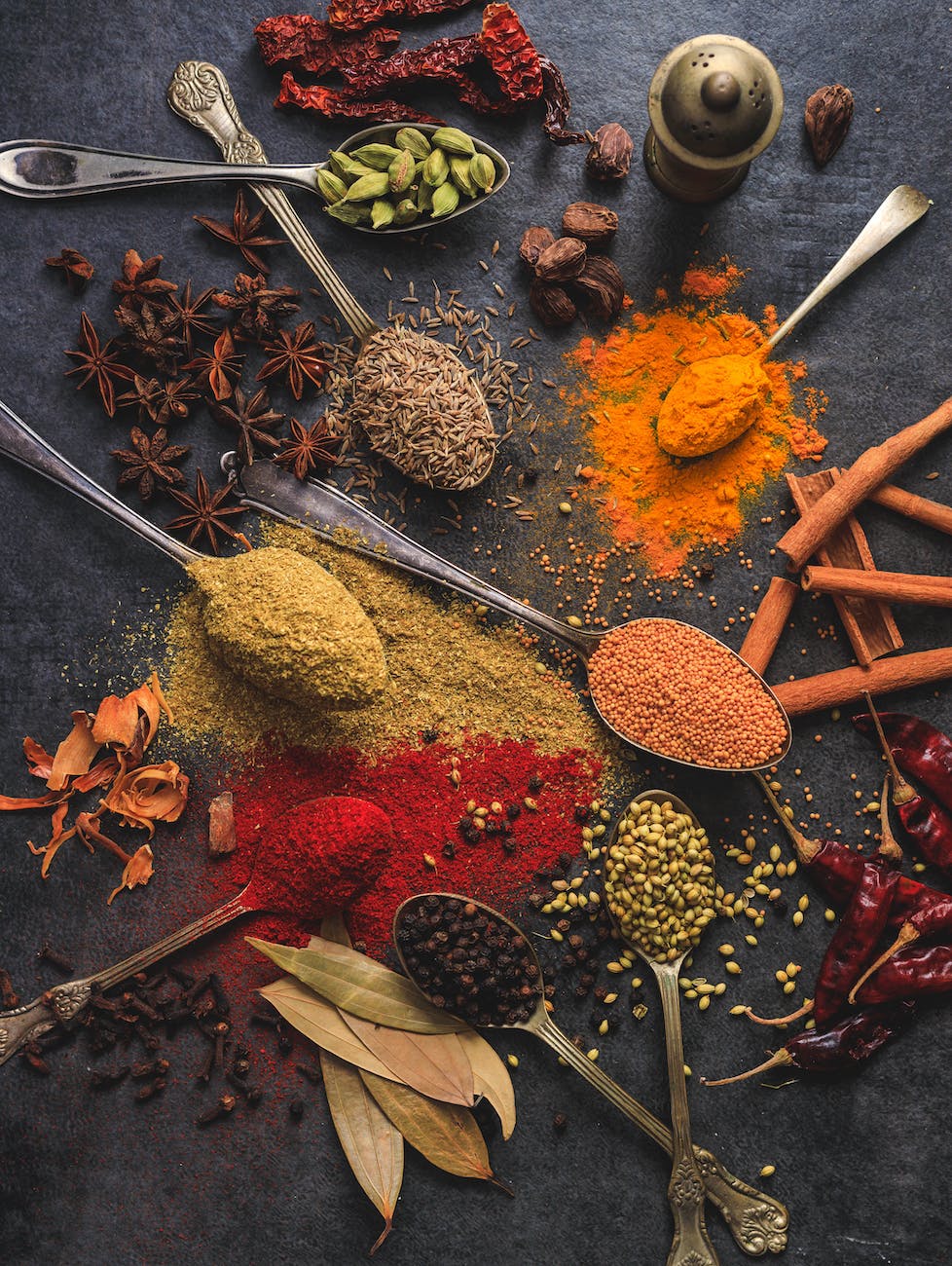
Welcome to our health-focused blog where we dive into the therapeutic world of ginger and its role in soothing sore throats. Ginger, more than just a culinary delight, is a potent natural remedy brimming with health benefits. Let’s explore the science behind ginger’s healing properties and how you can harness its power for sore throat relief.
Ginger: A Closer Look at Its Medicinal Properties
Ginger, or Zingiber officinale, is renowned not just for its distinct taste but for its rich medicinal history. What makes ginger a powerful ally against sore throats?
Key Compounds in Ginger:
- Gingerol: The main bioactive compound, responsible for much of its medicinal properties. Gingerol has powerful anti-inflammatory and antioxidant effects.
- Shogaols: These compounds become prominent when ginger is dried or cooked. Shogaols contribute to ginger’s pain-relieving properties.
- Zingerone: Though less potent than gingerol, zingerone also plays a role in ginger’s anti-inflammatory and antioxidant effects.
How Does Ginger Benefit Sore Throats?
- Anti-Inflammatory Action: The gingerols and shogaols in ginger help reduce inflammation in the throat, easing swelling and discomfort.
- Analgesic Properties: These compounds also act as natural pain relievers, soothing the scratchy, painful sensations of a sore throat.
- Antimicrobial Effects: Ginger can inhibit the growth of certain bacteria, potentially helping to reduce throat infections.
- Immune System Support: By boosting overall immunity, ginger can help the body fight off the underlying causes of sore throats.
Utilizing Ginger for Sore Throat Relief
1. Ginger Tea: A Healing Brew
- Preparation: Simmer fresh ginger slices in boiling water. Add honey and lemon for taste and additional benefits. The warm tea soothes the throat while the ginger compounds work their magic.
2. Ginger Gargle: Direct Relief
- Method: Mix ginger juice with warm water and use as a gargle solution. This provides direct contact of ginger’s healing compounds with the sore throat.
3. Raw Ginger: Nature’s Lozenge
- Usage: Chew on a small slice of raw ginger. This method releases gingerol and shogaols, offering quick relief.
4. Ginger with Honey and Lemon
- Combination: Mix ginger juice with honey and lemon. This trio acts as a powerful cough syrup, easing sore throats and coughs.
5. Ginger Supplements
- For the Busy Bees: Ginger capsules provide a convenient way to get ginger’s benefits. Ensure to choose supplements with standardized gingerol content for effective relief.
When to Use Ginger and When to Seek Medical Advice
While ginger is effective for mild sore throat relief, it’s not a substitute for medical treatment in cases of severe throat infections like strep throat. Use ginger as a complementary remedy and seek professional advice if symptoms persist or worsen.
In Conclusion: Embracing Ginger’s Healing Embrace
Ginger offers a natural, effective way to soothe sore throats, backed by its rich array of bioactive compounds. Whether in tea, as a gargle, or in combination with other natural remedies, ginger can provide significant relief.
Have you tried any ginger remedies for sore throats? Share your experiences and join the conversation about this incredible natural healer!
10 FAQs About Using Ginger for Sore Throats
- What Makes Ginger Effective Against Sore Throats? Ginger contains gingerol, shogaol, and zingerone, which are compounds with anti-inflammatory, analgesic, and antimicrobial properties. These compounds help reduce inflammation, soothe pain, and fight against infection-causing bacteria in the throat.
- How Do You Prepare Ginger Tea for Sore Throat Relief? To make ginger tea, simmer fresh ginger slices in boiling water for about 10 minutes. Adding honey and lemon not only improves the taste but also enhances the soothing effect on the throat due to their additional antibacterial and healing properties.
- Can Chewing Raw Ginger Help with a Sore Throat? Yes, chewing on a small piece of raw ginger can provide immediate relief. It releases gingerol and shogaols, offering natural analgesic and anti-inflammatory benefits directly to the sore throat.
- Is Ginger Gargle Effective for Sore Throat? Gargling with a mixture of ginger juice and warm water can be an effective way to apply ginger’s healing properties directly to the sore throat area, helping to reduce inflammation and discomfort.
- What Are the Benefits of Adding Honey and Lemon to Ginger for Sore Throats? Honey and lemon add to ginger’s effectiveness by providing additional soothing and antimicrobial benefits. Honey coats and soothes the throat, while lemon adds a boost of vitamin C, which supports the immune system.
- Are There Any Side Effects of Using Ginger for Sore Throats? Ginger is generally safe for most people, but in rare cases, it can cause mild stomach upset or heartburn. It’s also important to use ginger in moderation, especially if you’re pregnant, breastfeeding, or on certain medications.
- Can Ginger Supplements Be Used for Sore Throat Relief? Ginger supplements, which often contain standardized gingerol content, can be a convenient alternative for sore throat relief, especially for those who prefer not to consume ginger in its raw form.
- How Often Can You Drink Ginger Tea for Sore Throat? You can drink ginger tea 2 to 3 times a day for sore throat relief. Ensure it’s warm (not too hot) to avoid further irritation to your throat.
- Is Ginger Tea Suitable for Children with Sore Throats? Ginger tea can be suitable for older children, but it’s important to ensure it’s not too spicy and is cooled down to a safe temperature. For younger children, consult a pediatrician before introducing ginger.
- Can Ginger Cure Severe Throat Infections? While ginger can alleviate symptoms of sore throats, it’s not a cure for severe throat infections like strep throat. In such cases, it’s important to seek professional medical advice and treatment.
Blog Tags
Ginger Health Benefits, Sore Throat Remedies, Natural Pain Relief, Anti-Inflammatory Foods, Gingerol and Shogaols, Immune Boosting Foods, Herbal Medicine, Ginger Tea Benefits, Ginger Gargle, Raw Ginger, Ginger and Honey, Lemon and Ginger, Natural Cough Syrups, Ginger Supplements, Wellness and Nutrition, Holistic Health Care, Throat Infection Remedies, Medicinal Properties of Ginger, Natural Healing, Ginger for Cold Relief.










